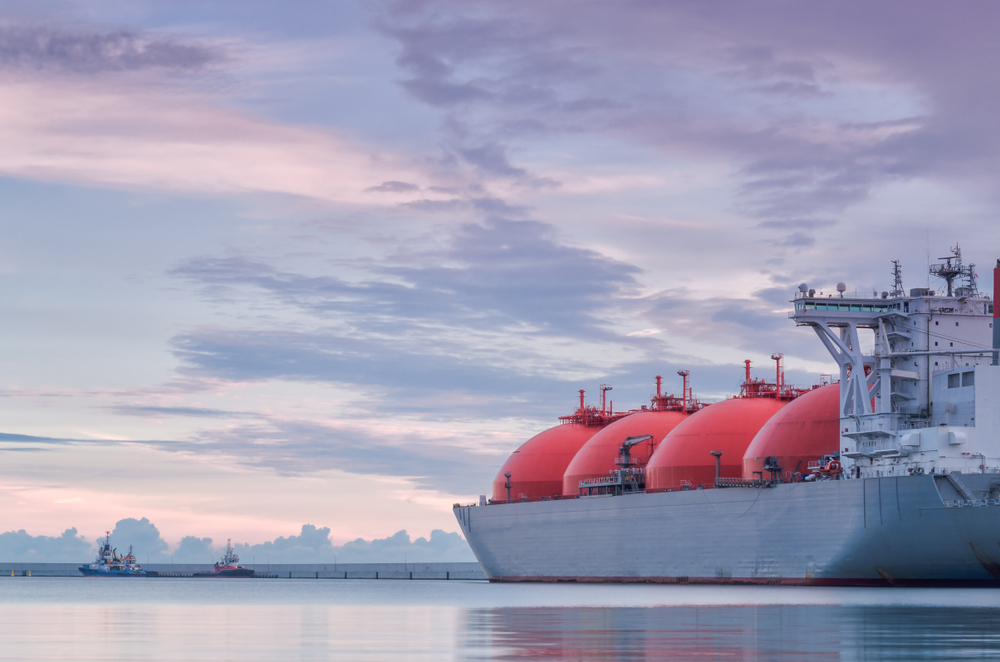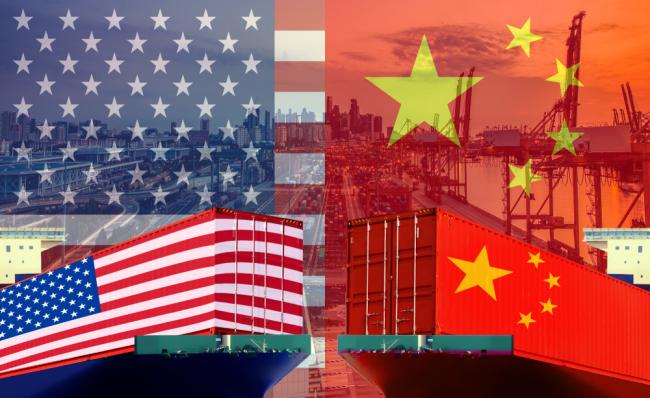
Practical information
The United States (US) are currently ramping up exports of liquefied natural gas (LNG) and new export projects are being developed. President Trump’s energy dominance and trade deficit reduction policy relies strongly on promoting US LNG exports. At the same time, Gazprom has been strengthening its position in key EU markets where 75% of LNG import capacities are unused.

Whereas Gazprom is slow in developing its LNG export potential while progressing with Power of Siberia to China, Novatek and its partners have successfully developed Yamal LNG and plans another large export project that would turn Russia into the world’s top LNG exporters. Can US LNG displace some Russian gas in Europe or will Russian LNG displace Russian pipeline gas? Is there a competition between the next generation of US LNG investments and Russian pipeline and LNG projects? What are the perspectives for Gazprom and Russia’s private sector? What are the implications for European and Asian importers?
These fundamental issues will be addressed in this breakfast discussion gathering leading analysts, experts and stakeholders of the gas industry.
Introduction: Marc-Antoine Eyl-Mazzega, Director, Ifri Centre for Energy
U.S. LNG: project developments and export perspectives to Europe, Leslie Palti-Guzman, President, Gas Vista LLC, Washington
The role and perspectives of Russia’s private sector in LNG exports, Alex Fak, Independent Analyst (Moscow), former Senior Equity Analyst, Sberbank CIB
Discussant: Sylvie Cornot-Gandolphe, Associate Fellow, Ifri Centre for Energy
The brekfast discussion will be in English.
Find out more
The Trump-led Trade War with China: Energy Dominance Self-destructed?
Under particular US legal rationale, such as calling foreign imports a “national security threat”, President Donald Trump has started imposing tariffs and/or quotas and has launched national security investigations on a growing number of imported goods from US allies and others alike.
Other events

EV Supply Chains for Japan and Europe: Strengthening Economic Security
Economic security aims to ensure the resilience of supply chains for key industries: the case of electric vehicle production in Japan and Europe will be discussed.

From Ambition to Action: Exploring Technological Partnerships with India
The 16th EU-India Summit, held on January 27th in New Delhi with European leaders António Costa, Ursula von der Leyen, and Prime Minister Narendra Modi, marks a significant milestone in deepening EU-India relations. At the same time, official bilateral visits from EU member states are on the rise, including that of the French President, who visited India in February to participate in the Artificial Intelligence Summit. As India asserts its technological ambitions and seeks to reduce its dependence on China, Europe is stepping up its efforts to diversify its strategic partnerships.







